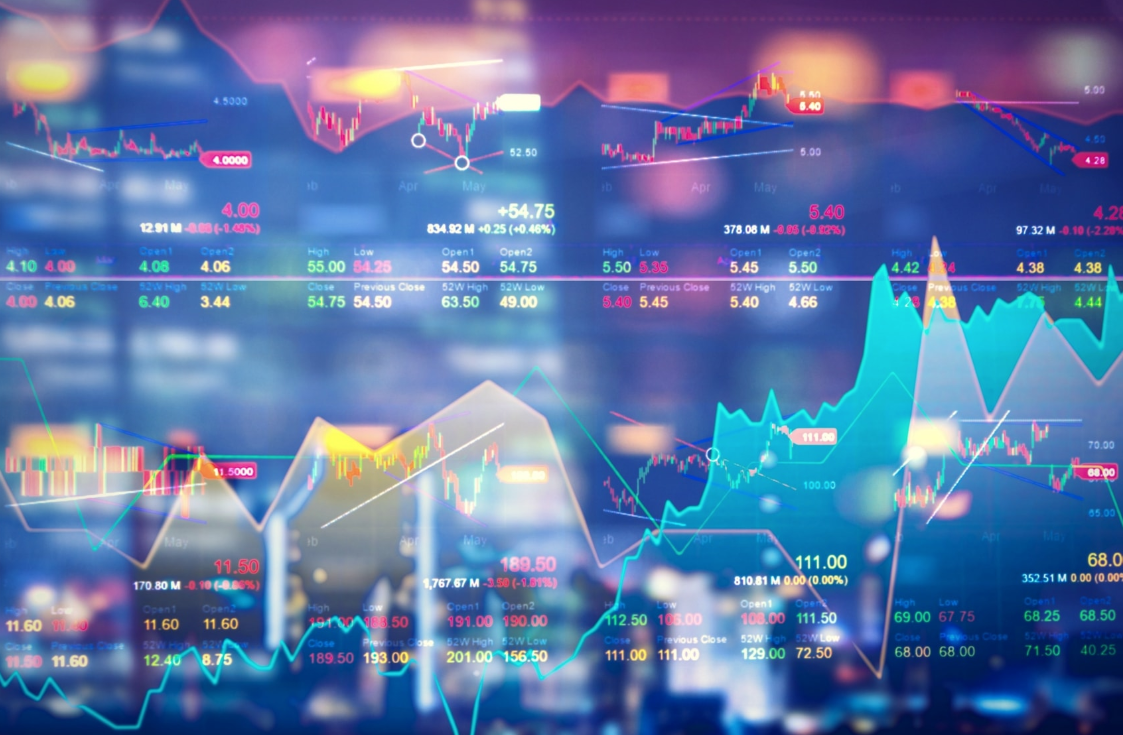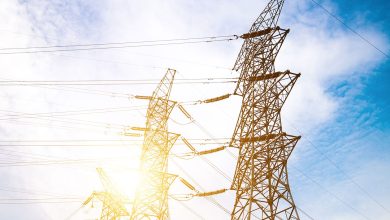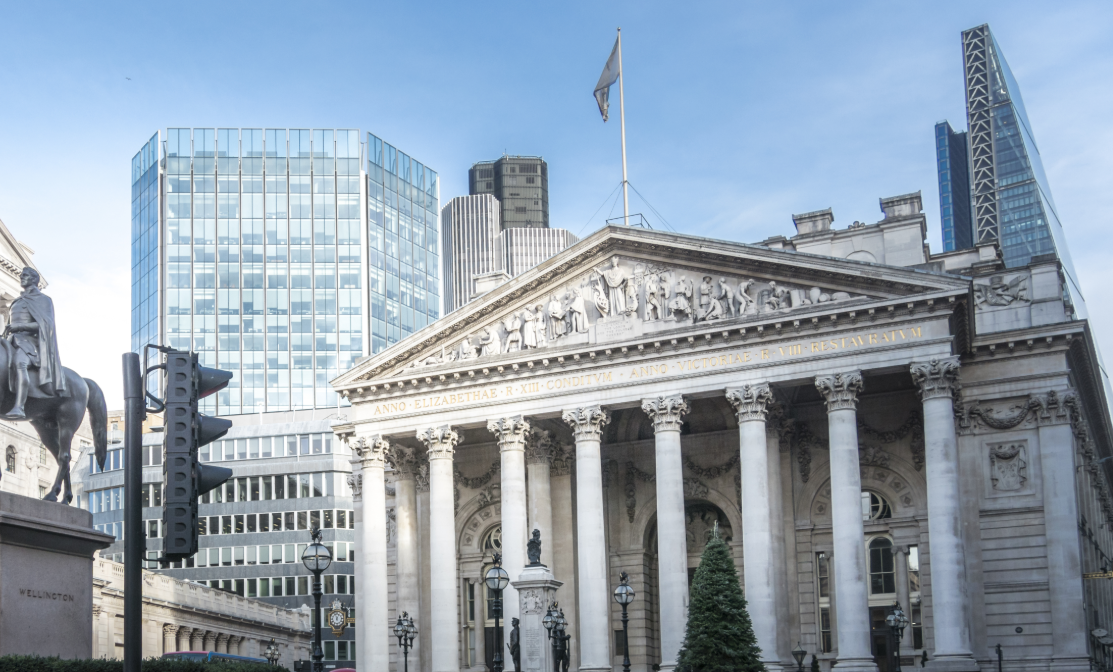Geopolitics and the Philippine economy

The Philippines may be islands in the Pacific, but it’s not isolated from geopolitics. Geopolitical events have affected the Philippine economy and have helped shaped our history.
The fall of Cuba to Castro in 1957, for example, caused the United States to increase its sugar quota for the Philippines and reinforced domestic rent-seeking. More significantly, the oil crises in 1973 and in 1979 affected the nature, duration, and fate of former President Marcos’ martial law in the Philippines. How?
The Yom Kipppur war, where Israel engaged in a short war against a coalition of Arab states, prompted the Organization of Arab Oil Exporting countries, led by Saudi Arabia, to declare an oil embargo against those who supported Israel. Oil prices jumped 300%, from $3 a barrel to $12 a barrel. The world experienced its first oil shock.
However, the dramatic increase in oil prices, which were sustained after the war, made the oil exporting countries flush with dollars, which were then deposited by oil exporting countries in money center banks, principally in New York. These money center banks then recycled the petrodollars into loans to developing countries, especially those oil-importing countries, like the Philippines, which were suffering from trade deficits.
Those loans impacted the Philippines in two ways: First, it enabled the Marcos regime to essentially keep intact the protectionist, inward-looking, statist economy. The push for structural reform reversed, and enabled crony capitalism. Second, it allowed the martial law economy to grow at least in its initial years. This was the era of “debt-driven growth.”
However, because the protected, inward-looking structure was essentially unchanged, those loans went into unproductive and inefficient uses, corruption or no corruption. Therefore, when the second oil shock occurred in 1979 with the fall of the Shah of Iran, the economy slid into crisis, which culminated with the assassination of Ninoy Aquino in 1983 and the People Power revolution thereafter.
Today, because of the ongoing Ukraine war, the world is experiencing another oil shock, and secondarily, a food shock, because Ukraine and Russia are major exporters of wheat and fertilizer. It’s too soon to tell its long-term impact on the Philippine economy because we don’t know yet the duration and end state of this war.
What I do know is that geopolitics will affect the Philippine economy. Economic planning must, therefore, consider geopolitics.
However, geopolitics will increasingly favor the Philippines. Even the Ukraine war has a silver lining for the Philippines.
First, deglobalization is accelerating and the Philippines could be a winner. Before the Ukraine war, the United States had been trying to decouple itself from China as the former sees the latter as a strategic rival.
The trend of deglobalization will only accelerate because of the Ukraine war with the West cutting off or reducing its links to Russia and to China, which is increasingly seen by the West as Russia’s ally.
Therefore, the West will try to strengthen its investment and trade links with countries outside of Russia and China.
The Philippines is in a more favorable position than most because it’s a frontline state in the US struggle with China. It shares democratic values with the US and Europe. It has a young, large English-speaking population.
Therefore, the passage of the Public Service Act Amendment is timely. Opening the telecommunications, shipping, airlines, airports, tollways, railways, subways, and TNVs (Transport Network Vehicles) to 100% foreign investment will lead to a boom in foreign investments by companies encouraged by their respective governments. Foreign governments will probably shower the Philippines with concessional loans, grants, or official development assistance to provide the infrastructure for increased trade and supply chain resiliency. (A Western version of “Belt and Road.”)
Second, another geopolitical event favoring the Philippines is the rise of mining as the industry of the present and of the future.
Mining is already a strategic industry and will become more so in the future. Two factors are driving up the global demand for metals and minerals: One is the shift toward EVs (electric vehicles) from internal combustion engines. The heart of EVs is batteries, which require nickel, lithium, manganese, and cobalt to run. The other factor is the acceleration of digitalization caused by the pandemic. Demand for electronic goods increased during the pandemic and will be sustained even with the end of the pandemic as companies and consumers have seen the advantages of digitalization. All these electronic goods require minerals like copper and nickel.
The problem for the West is that some of these key minerals lie with Russia, China, Congo, and other authoritarian regimes. (Russia is a major exporter of nickel and nickel products.) Therefore, they will seek to increase supply from friendlier countries like the Philippines.
The Philippines is the fifth most mineralized country in the world. It has plenty of nickel, copper, gold, silver, and even cobalt. Global companies will therefore come knocking on our door. If we let them in, governance and sustainability standards in mining will improve. (This is what Tesla is doing in New Caledonia where it has contracted most of the nickel output.) The government just needs to give the mining industry stability of policy.
Finally, the Philippines has a young, large population in a region where there’s rapid demographic decline. China is heading into negative population growth. South Korea is the fastest ageing country in the world. Japan’s labor shortage is worsening because it doesn’t have enough young people. Even Thailand is ageing fast. Its average age is 40 and its working age population will shrink from 71% of the population to just 56% by 2060.
Therefore, if the Philippines plays its cards right, it could be a production base for companies seeking to relocate their factories outside of China and Russia. If our labor laws are amended and modernized, the country could even have an edge over Vietnam. Vietnam is, after all, like China, communist and authoritarian.
Although these geopolitical factors represent the tailwinds to Philippine economic growth, the country could further optimize the opportunities offered by geopolitics.
First, it can improve its institutions and adherence to the rule of law. There’s no reason why we can’t improve our institutions. We did it with the Central Bank.
We should also burnish our international reputation for respect for human rights without compromising the campaign for internal security and peace and order.
Second, we should remove the foreign ownership restrictions in the Constitution and the Filipino First policy in our procurement and other laws.
We could attract a lot of media companies fleeing Hong Kong and even internet companies to relocate here because we have freedom of the press. Unfortunately, the 100% Filipino ownership of mass media has driven foreign media and internet companies away.
Because of the Ukraine war, Western governments are also amping up their military and security spending. However, because they can’t manufacture all their components within their own countries, they must rely on low-cost countries for these. We can build our own state-owned defense industries to export these military components and goods. However, a big barrier is a Filipino First provision in the procurement law, where even higher costing and lower quality “Filipino” products are given preference.
Third, we could negotiate bilateral free trade agreements and Generalized System of Preferences or GSP plus privileges with the EU, US, and Canada, as well as ratifying the RCEP (Regional Comprehensive Economic Partnership) and joining the CPTPP (Comprehensive and Progressive Agreement for Trans-Pacific Partnership). Opening these foreign markets to local production will boost exports as well as bring investors relocating here to sell to these markets.
If the next administration does these reforms, the magnitude of foreign investments can become a flood.
Economic management is more than just monetary policy and fiscal management. It’s also recognizing threats and opportunities offered by geopolitics and leveraging our position. It’s about getting the Big Picture right and formulating a strategy around it.
Calixto V. Chikiamco is a member of the board of IDEA (Institute for Development and Econometric Analysis).




